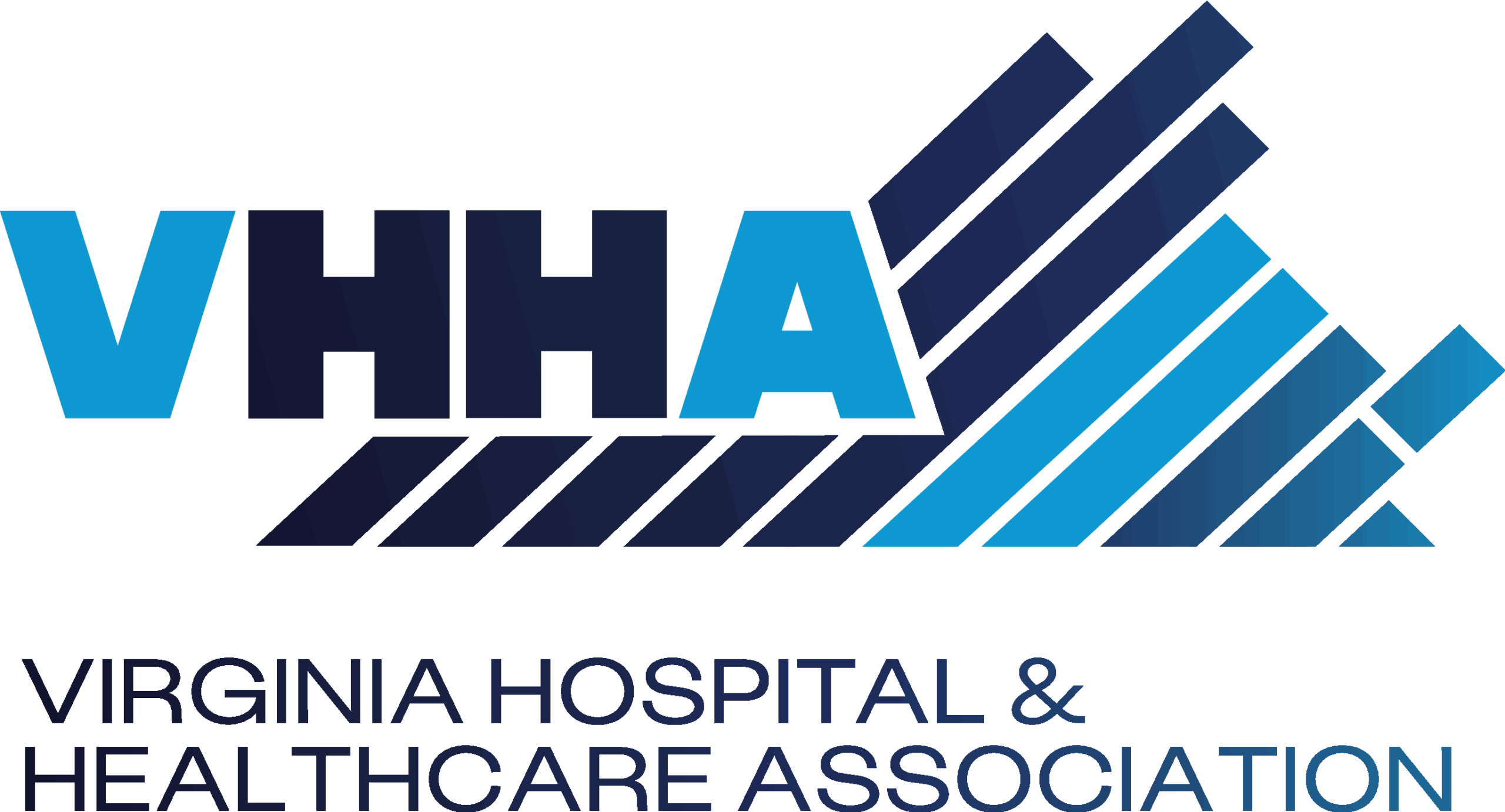Pressroom
Cannabis-Related Hospital Emergency Department Visits Among Pediatric Patients Declined in the Final Six Months of 2023
May 14, 2024
Data from Virginia Hospitals Shows a 21.5 Percent Decline in Cannabis-Related Pediatric Emergency Department Visits Between the First Half of 2023 and the Second Half of the Year
RICHMOND, VA – The number of pediatric patients visiting Virginia hospital emergency departments due to cannabis exposure, intoxication, and related medical concerns declined in the second half of 2023, a six-month period that coincides with the effective date of a new state law that regulates aspects of the production, sale, and potency of tetrahydrocannabinol (THC) contained in commercial hemp products or extracts.

An analysis of statewide hospital emergency department data conducted by the Virginia Hospital & Healthcare Association (VHHA) shows that the volume of such cannabis-related visits among pediatric patients had generally been on an upward trajectory over the past several years, peaking in late 2022 and early 2023. From 2020-2023, there were 8,401 pediatric emergency department visits attributable to cannabis use, intoxication, and related conditions involving Virginia youths ages 0-18. More recently, the number of cannabis-related pediatric emergency department visits dropped 14.2 percent from the third and fourth quarter of 2022 (1,307 visits) compared to the same time period in 2023 (1,122 visits). Between the first and second half of 2023, cannabis-related pediatric emergency department visits declined 21.5 percent (from 1,429 visits to 1,122 visits).
Those declines occurred in the wake of a bipartisan state law taking effect on July 1, 2023 that establishes health and safety standards for the retail sale of THC and hemp-based products, some of which are sold in packaging which closely resembles that of popular snack items such as candy, cookies, and corn chips. The new law includes state registration requirements for businesses selling such products and empowers the Virginia Department of Agriculture and Consumer Services (VDACS) to conduct inspections and issue fines as appropriate. The law also requires such products to have clear labels that disclose ingredients. And it places limits on the chemical concentration the products contain to no more than 0.3 percent THC or a 25:1 ratio of cannabidiol (CBD) to THC.

“This law was introduced to protect Virginia children and families from being harmed by ingesting unregulated, intoxicating products that can pose serious health risks,” said Delegate Terry Kilgore (R-Gate City), who sponsored House Bill 2294 that was approved in 2023 to regulate THC-infused products. “So, it is certainly welcome news to see that this policy change appears to be having a positive effect in terms of declining pediatric emergency department visits due to cannabis exposure.”
Support for updating the law came from a wide range of stakeholders participating in the Virginians for Cannabis Safety (VCS) coalition: the Medical Society of Virginia, the Virginia Association of School Nurses, the Virginia Chapter of the American Academy of Pediatrics, the Virginia College of Emergency Physicians, VHHA, the Virginia Sheriffs’ Association, the Virginia Association of Chiefs of Police, and the Virginia State Police Association.
“The recent decline in pediatric hospital visits is a positive sign that last year’s bipartisan legislation is working,” said VCS Spokesman Ryan McKinnon. “Still, much work remains to raise public awareness, enforce existing laws and protect consumers, especially children, from these dangerous products.”
Concern about the trend of rising cannabis-related pediatric emergency department visits has prompted the Virginia Department of Health (VDH) to establish “a special surveillance system to better characterize the burden and impact of adverse events due to THC and CBD consumption on children in the Commonwealth.” In a recent letter informing Virginia clinicians about the surveillance program, State Health Commissioner Dr. Karen Shelton wrote that reported health impacts on children who consumed those products “have included vomiting, hallucinations, low blood pressure, low blood sugar, altered mental status and anxiety; some hospitalizations have occurred.”
“Protecting the well-being of Virginians is one of the most profound duties entrusted to the Virginia General Assembly and I take this responsibility very seriously, especially when it comes to the youngest and most vulnerable among us. With data clearly showing a troubling pattern emerging of rising pediatric emergency department visits related to cannabis intoxication, it was necessary and appropriate for the legislature to act,” said Senator Barbara Favola (D-Arlington County), who supported HB 2294. “We will continue to monitor this data, and as appropriate, consider further legislative action regarding retail THC products.”
Added VHHA President and CEO Sean T. Connaughton: “Virginia hospitals are uniquely positioned to identify emerging public health challenges due to their role in providing medical care to patients. As the number of pediatric emergency department visits related to cannabis exposure has grown in recent years, VHHA has worked with hospital members to track this concerning trend and has shared that data with partner organizations, state health agencies, and policymakers working to address this public health challenge. We are proud to be associated with legislators and the coalition of organizations that are focused on safeguarding children from the potential harm posed by these products.”
About VHHA: The Virginia Hospital & Healthcare Association is an alliance of 111 hospitals and 26 health delivery systems that develops and advocates for sound health care policy in the Commonwealth. Its mission is to achieve excellence in both health care and health. Its vision is through the power of collaboration to be recognized as a driving force behind making Virginia the healthiest state in the nation. Connect with VHHA through Facebook, X (Twitter), YouTube, LinkedIn, Instagram, and TikTok.
###
